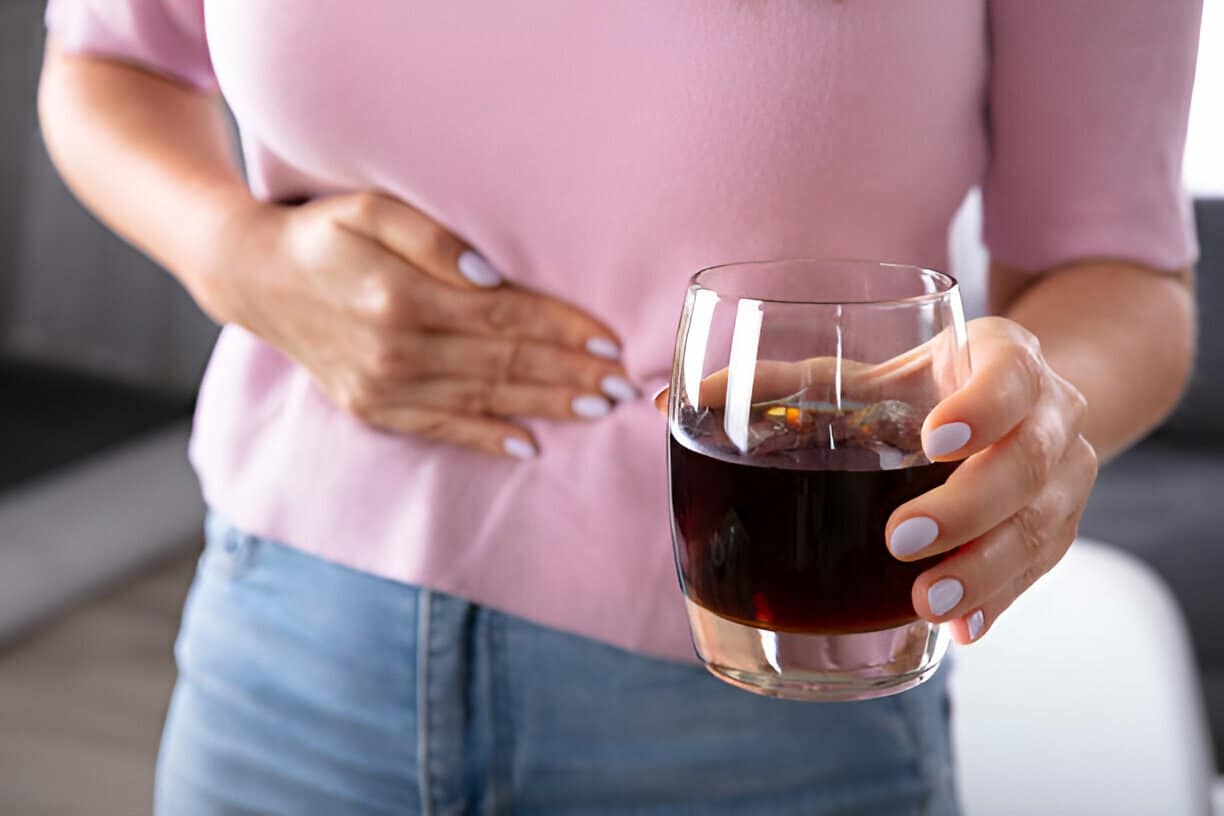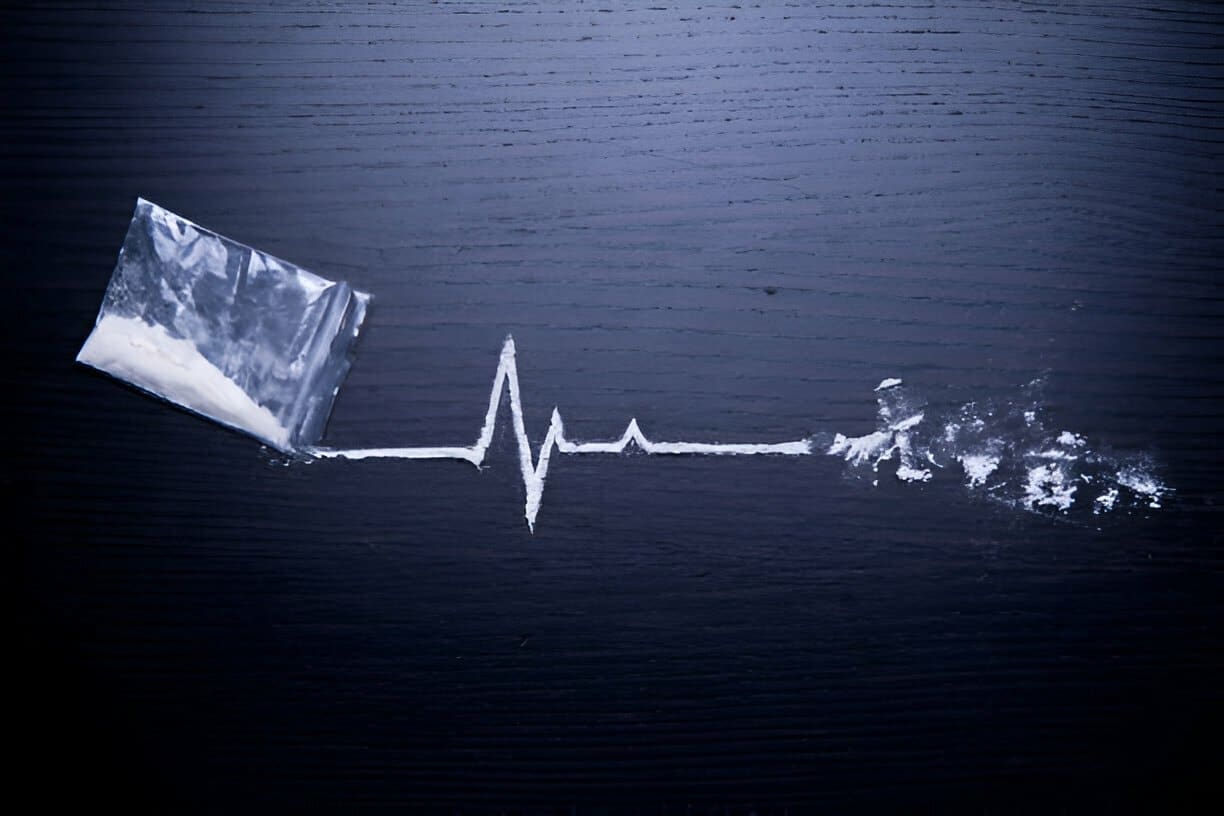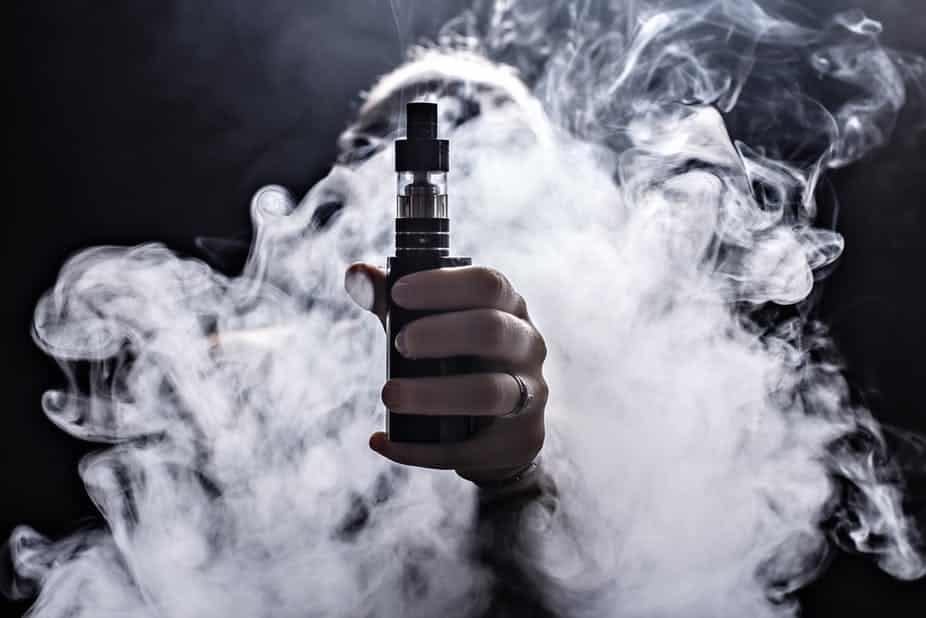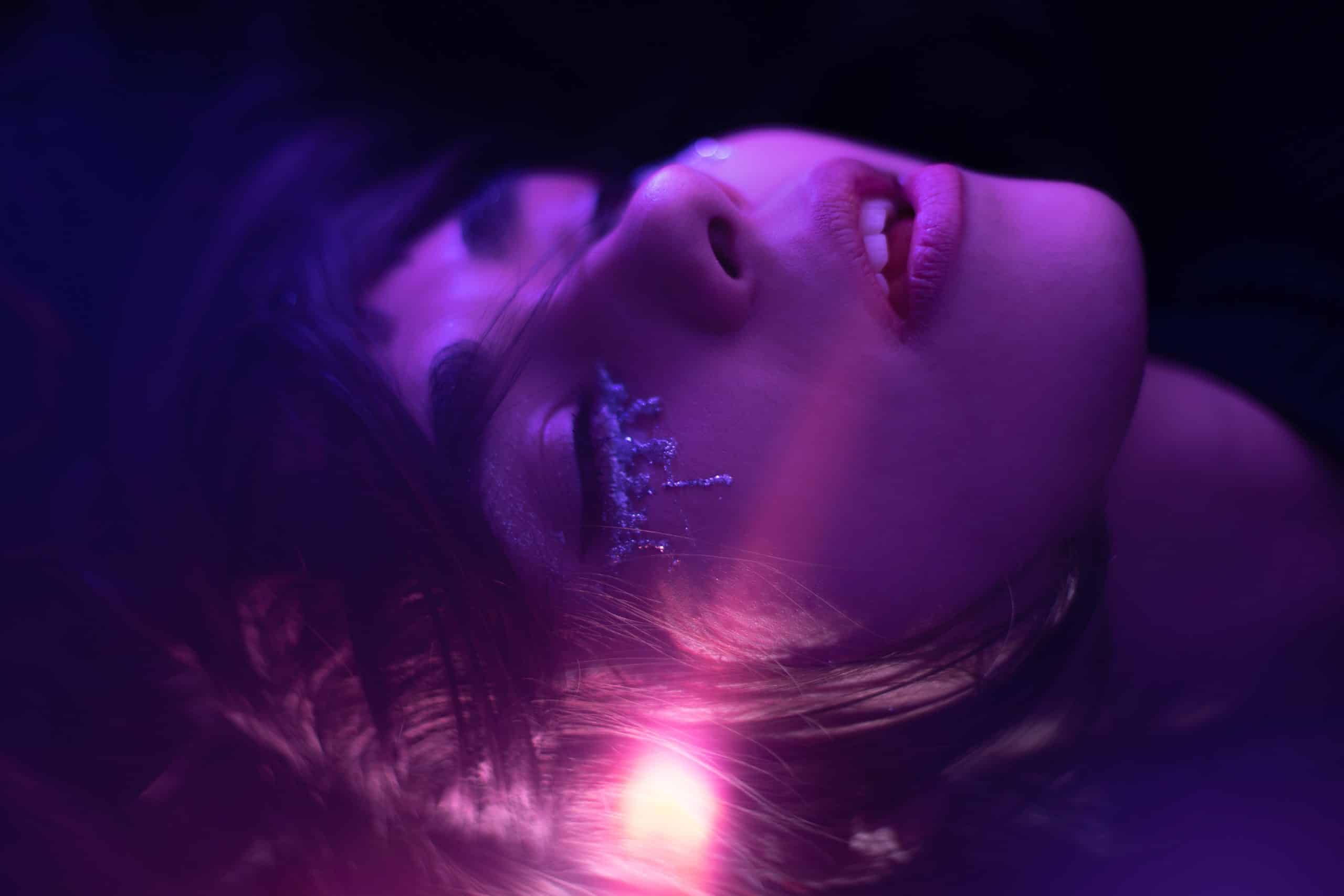Eszopiclone (Lunesta) has essentially the same method of action as zopiclone and differs only slightly in chemical structure. Lunesta is a hypnotic, non-benzodiazepine prescription medication used to treat insomnia. It is the brand name for the generic substance eszopiclone.
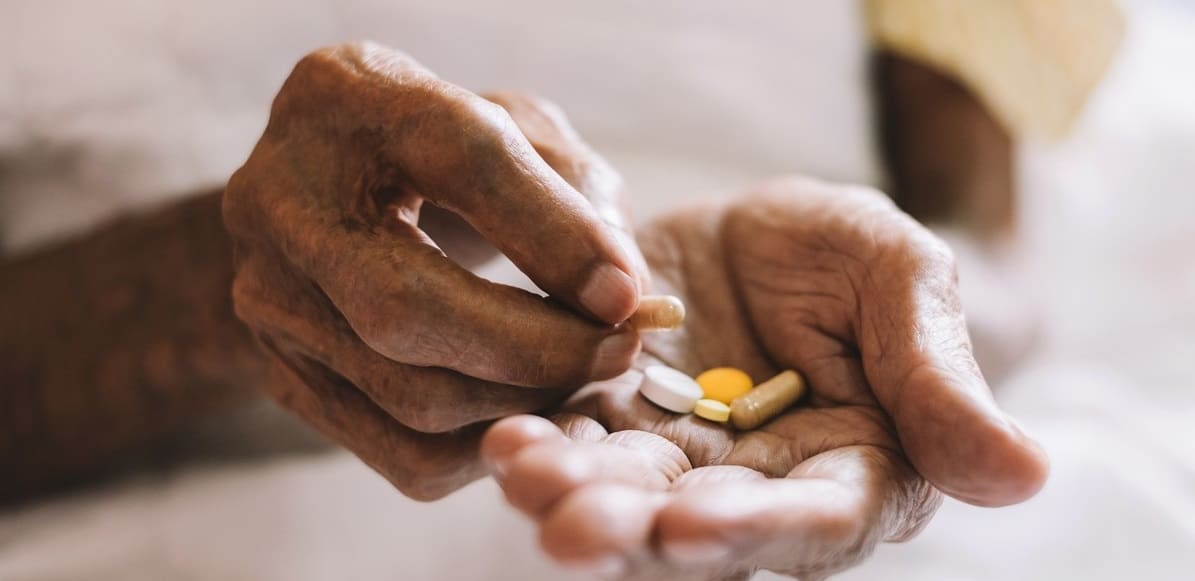
Lunesta, like Ambien, can have substantial side effects, especially when taken with alcohol or in higher-than-recommended doses. The medication has the potential to become habit-forming and addictive.
Individuals who have previously suffered from addiction or drug usage should speak with their doctor about their concerns before starting a Lunesta prescription.
If your loved one needs support dealing with an Alcohol Addiction, contact us today on 0800 999 1083. We can help you by recommending treatment options.
Zopiclone and Zaleplon, sedatives closely linked to the benzodiazepine family of medicines and zolpidem, were put on the prohibited list as Class C narcotics under the Misuse of Drugs Act of 1971. Zopiclone is classified as a Z-drug in this article (benzodiazepine-like drugs). It is strictly regulated and only intended for short-term use because of its high potential for misuse. The medication is only accessible on prescription in the United Kingdom, and the NHS warns that we may get addicted. Although it is unlawful to carry the medication without a prescription and it is not available over-the-counter, addicts continue to discover methods to obtain it.
Lunesta and other sleeping aid medicines are known by the following street names or slang terms:
Insomnia and restless sleep are common, although they normally go away with time. It could imply that you get up too early in the morning, that you wake up and can’t go back to sleep for long periods of time during the night, or that you are having difficulty sleeping. To help with insomnia, Lunesta-Zopiclone and other sleeping aids can be used for a short time.
Lunesta-Zopiclone shortens the time it takes you to fall asleep and allows you to sleep for as long as your body requires to replenish. This medicine helps you sleep by altering how messages are transmitted to your brain. Lunesta-Zopiclone is commonly prescribed for a maximum of four weeks and works effectively in the short term.
Your body becomes accustomed to Lunesta-Zopiclone in a short period, after which it may no longer have the same effect. When you take Lunesta-Zopiclone for an extended time, your body can develop drug dependence. As soon as you observe a change in your perception of the drug, you should notify your doctor.
Lunesta works by changing the chemistry of the brain to aid sleep. Lunesta is not suggested for long-term usage because it can develop into drug addiction. When the brain requires a substance to operate “normally,” it develops a dependence on it. Because drugs like Lunesta alter brain chemistry over time, their amounts of naturally occurring brain chemicals, called neurotransmitters, may be harmed. The brain may no longer produce or move them around the central nervous system in the same way it used to and instead rely on Lunesta for assistance. Withdrawal side effects may occur when Lunesta wears off, or a person stops taking it. Without the medicine, insomnia may worsen, and it may be difficult for a person to feel “normal.”
Drug misuse is defined as any usage of Lunesta that is not medically indicated. If a person becomes dependent on Lunesta, they may prefer to continue taking it even after the prescription runs out. Individuals may exaggerate insomnia problems to get more Lunesta supplied to them; the most prevalent source for prescription z-drugs or benzodiazepines that are used non-medically is a prescription from a health professional. Individuals may also “doctor shop,” or visit various doctors to obtain multiple Lunesta prescriptions. According to reports, more than half of the time, when prescription drugs are abused, they are obtained for free from a relative or friend, who most likely got them through a legitimate prescription from a medical provider. When a prescription drug like Lunesta is used for reasons other than medical necessity, the risk of developing an addiction to the drug increases.
Lunesta-Zopiclone has a high potential for abuse, dose-escalation, and dependence. It’s commonly taken orally and intravenously, and it’s sometimes mixed with alcohol to generate the desired ‘euphoria.’ When Lunesta-Zopiclone is used for recreational purposes or to avoid withdrawal symptoms against medical advice, it is called abuse.
Abuse has a variety of negative consequences, most of which are unpleasant. Lunesta-Zopiclone is a sedative that relaxes your body and helps you sleep. As a result, it has a calming impact on the entire body, including the mind and other vital organs.
When misused, the level to which this drug’s sedative effect takes hold of your body can be harmful. It simply takes a few minutes for internal organ damage to occur when there is insufficient oxygen flow. You could overdose and go into a coma or cease breathing in many circumstances.
The primary goal of abusing Lunesta-Zopiclone is to fall asleep quickly and sleep for as long as possible. Many people, mostly women, take Lunesta-Zopiclone as a sleep aid. The majority of people who abuse the drug also use prescription benzodiazepines. Lunesta-Zopiclone has benzodiazepine-like effects despite not being in the same drug class as benzodiazepines.
As with all sedative-hypnotic drugs, Lunesta’s properties make it ideal for use if your body simply won’t rest or if you find yourself tossing and turning at night, unable to sleep. Abuse is defined as taking more than the appropriate dosage or taking it for longer than is necessary.
Lunesta-Zopiclone is also misused to achieve a ‘high.’ It can be coupled with other medicines to improve the effects because it can generate euphoria when taken excessively. Lunesta-Zopiclone is also abused to treat insomnia brought on by other drugs. Different sleep aids can be combined with Lunesta-Zopiclone to increase the risk of adverse results significantly.
If someone is addicted to Lunesta, they may exhibit the following signs and symptoms:
Lunesta is only intended to be used for a brief period. Therefore long-term use could lead to physical dependence or addiction. A person who is addicted to Lunesta may require professional help to recover.
When you abuse Lunesta-Zopiclone, you can experience various physical, emotional, and social side effects. You may notice aberrant sleep patterns, unexplained weight loss, memory loss, somnambulism, or the inability to stay awake throughout the day, though these differ from person to person.
They may lose interest in activities they used to enjoy as a result of a shift in social behaviour. They may also abandon old pals in favour of a new social group, mainly made up of other drug addicts. Staying out late is another social effect of Lunesta-Zopiclone abuse, especially if it was unusual for your loved one before they started taking it.
Lunesta-Zopiclone can potentially have emotional side effects, such as mood swings. Your loved one may appear tranquil when under the influence of the medicine. However, after becoming ‘high’ on Lunesta-Zopiclone or going through withdrawal, they may become irritable about minor issues or exhibit excessively violent behaviour toward family and friends.
Lunesta withdrawal symptoms vary by individual; however, most people experience moderate to severe rebound insomnia after stopping the medicine. The severity of withdrawal symptoms depends on a variety of factors, including how long the person has been on Lunesta, how often they used it, how much Lunesta they took each time, whether they mixed Lunesta with other drugs or alcohol, and their mental health and medical history
The following are some of the symptoms of Lunesta withdrawal:
Addiction is a well-studied phenomenon, but the specific causes – why one person develops an addiction while another in comparable circumstances does not – are still unknown. However, there are several characteristics that have been identified as increasing the likelihood of a person becoming addicted to sleeping drugs (such as Lunesta), including:
When used recreationally or for an extended period, Lunesta can become addictive. Lunesta can cause euphoria when used in large dosages. When used with other medicines, this impact is amplified. While many people use Lunesta to help them sleep, others abuse it only for the goal of getting high.
Lunesta addiction is less prevalent than benzodiazepine addiction, although it can still be addictive if used long-term or not exactly as recommended.
Lunesta is frequently used with alcohol and narcotic medicines, increasing the risk of addiction and overdose.
Even when taken as prescribed by a doctor, Lunesta-Zopiclone causes tolerance to develop. Your body gets used to the usual dose with repeated use. This means that you’ll need to raise the dosage to fall asleep. The lowest amount of Lunesta-Zopiclone is usually administered at 1 mg. However, the maximum advised dose is 3 mg. In the United Kingdom, Zopiclone is available in doses as high as 7.5 mg, which should be taken once before bedtime.
As a result, there isn’t much opportunity for dose increases before reaching the suggested safety limit. Because your body has become accustomed to greater amounts when the effects wear off, you can keep increasing your dosage and even go above the limit.
If you have a history of substance misuse or mental illness, you may be more likely to abuse Lunesta-Zopiclone. Even if you have a legal prescription for the medicine, you may be at risk of addiction if you experience uneasiness and despair or have worried thoughts.
Tolerance might develop with time, and you may need to raise your doses to attain the same results. If the medication is not used under the supervision of a doctor, physical and psychological dependence can develop (both of which are common symptoms of Lunesta-Zopiclone addiction).
Taking Lunesta can have many negative side effects, especially if you take it for longer than a few months. While doctors monitor their patients for adverse effects and symptoms, including addictive behaviours, people who acquire a Lunesta prescription should talk to their doctors about any long-term or short-term side effects they are concerned about.
People who do not plan to sleep for more than seven hours should avoid taking Lunesta, as should those who routinely consume alcohol or use certain nutritional supplements. It’s also crucial to inform your doctor about any other prescription medications you’re taking, as mixing this medication with others can harm organ systems, including the liver, kidneys, or brain.
Many people are ignorant of the dangers of polydrug use. Lunesta is frequently used in conjunction with other medications. Some people combine Lunesta with other medicines to boost the effects of both.
When you use Lunesta with other sleeping pills, you may experience more of the drug’s frequent side effects, such as:
Because both medicines depress the central nervous system (CNS), mixing Lunesta with alcohol is highly harmful. Lunesta’s sedative effects are amplified when combined with alcohol, which can cause dizziness, sleepiness, concentration problems, and poor judgement. Those who binge drink while on Lunesta may experience difficulty breathing and have their blood pressure drop.
When you use Lunesta with other medications, you run the risk of an overdose, which can be fatal.
After a person takes this medication for a long time or in ways that a medical expert does not prescribe, they may have withdrawal symptoms when they stop taking it.
When tolerance develops while using Lunesta on a prescription and under the supervision of a medical expert, the prescribing doctor can either move the person to another medicine or help them discontinue taking Lunesta and try other insomnia therapies.
However, if a person abuses Lunesta recreationally or develops a Lunesta addiction, other long-term adverse effects can be dangerous. Even when an individual follows the prescribing doctor’s directions, memory loss might occur in some cases.
However, if used in very high doses, amnesia might become a recurring issue. People with Lunesta-related amnesia forget events while using the drug, either due to sleepwalking and other behaviours or because the drug directly affects the brain and hinders the user from adequately establishing memories. Amnesia could be a side effect of taking too much of the drug. In this case, users should talk to their doctors about reducing their dosage, or it could be a side effect of addiction or mixing the medication with alcohol or other substances. Similarly, long-term usage of Lunesta can impair cognitive performance.
Long-term use of Lunesta might also lead to psychological issues. Depression can worsen, suicidal thoughts can develop, and anxiety or neurosis can grow. The substance might create hallucinations and paranoia if abused for a long time.
Lunesta abuse or long-term use can result in a loss of coordination and fine motor skills. Nystagmus, or uncontrollable eye movements, might develop, and muscles may twitch, shake, or become weakened. In addition, the person may have light sensitivity, conjunctivitis (inflammation of the whites of the eyes), and dry eyes. Tinnitus, or a ringing in the ears that gets worse over time, may also occur in the individual.
Overdosing on Lunesta is possible, and it’s significantly more likely when combined with alcohol or other drugs that make you sleepy. If you suspect you or someone you care about is suffering from an overdose, seek medical help right away. The following are overdose warning indicators to be aware of:
Lunesta has the potential to enhance suicidal thoughts, sadness, anxiety, agitation, and aberrant thinking. When a person has a co-occurring mental health problem like depression or anxiety, a drug like Lunesta might be very dangerous to their emotional well-being.
Substance addiction and mental health illnesses frequently co-occur in the same person, and these disorders are referred to as co-occurring disorders.
Even though misusing a drug like Lunesta may appear to provide short relief from emotional symptoms of sadness or anxiety, co-occurring disorders increase the likelihood of health issues and risk factors. When the medicine wears off or is stopped, Lunesta addiction can intensify these symptoms, resulting in a more severe withdrawal state. When this occurs, treatment should be individualised to address both disorders, as each can impact the other’s care. Treatment providers in the medical, substance addiction and mental health areas should collaborate to create and implement an integrated care approach for co-occurring disorders, reducing risks and assisting with withdrawal management while working toward recovery from both conditions.
The catastrophic spread of Lunesta usage and addiction in the UK has resulted in a considerable increase in the number and capability of centres treating the condition across the country. Lunesta addiction therapy is becoming more advanced, and hundreds of sleeping pill addicts have been able to get help and conquer their addictions, allowing them to live healthy and happy lives again.
The sort of treatment administered and the success rates of treatment institutions (both public and private) might vary considerably. If you’re thinking about getting help for a Lunesta addiction, talk to an addiction professional about your specific circumstances, any limitations you might have in getting help, and your personal preferences for treatment methodologies or places.
Many people choose to continue their therapy with a rehab centre after their Lunesta detox. Even though drug detox tackles the physical components of dependency, it is not a cure for addiction.

It doesn’t help individuals work through their addiction-related behavioural issues or get to the base of their addictive habits. This is why people go to rehab.
The main goal of Lunesta treatment is to:
There are many various types of Lunesta rehab clinics and programmes, but studies show that 90-day or longer therapy provides the best chance for long-term abstinence. Although 30-day programmes are popular because they are convenient, they are not usually as beneficial as a 90-day programme.
The cost of Lunesta rehab will vary depending on the type of programme selected. However, patients can pay for the service in a variety of ways. These are some of them:
When you substantially cut your dosage or abruptly cease using a chemical on which your body has become dependent, you will suffer withdrawal symptoms. Depending on your drug usage pattern and specific biological factors, symptoms might be physical or psychological, and they can range from minor to severe. Withdrawal can start as soon as 12 hours following the last intake, though it varies from person to person.
To avoid an unpleasant withdrawal, a slow, medically supervised detox is recommended, which can be accomplished by a tapering regimen. When using a taper, your doctor will put you on a regimen that allows you to gradually reduce your dosage until you are entirely free of the drug. The tapering process will be monitored as you go along, and modifications will be made as needed. If necessary, you may be given medications to aid with your symptoms.
The abrupt removal or significant dosage reduction of a substance on which you’ve become addicted causes withdrawal. If you are dependent on a substance, your body requires it to function properly. Central nervous system depressants like Lunesta and Zopiclone slow down some of your body’s most important functions while boosting the quantity of gamma-aminobutyric acid (GABA), the brain’s natural tranquilliser.
While these medications can help rectify GABA imbalances and aid peaceful sleep, if used for a long time or in excessive amounts, they can intensify the naturally occurring imbalance, leading to dependency. If you suddenly stop taking medicine at this point, you risk triggering a ricochet effect, in which your brain tries to compensate and recover a natural balance, resulting in unpleasant withdrawal symptoms.
Depending on how severe your withdrawal and detox symptoms are, you may be offered a variety of drugs to help you deal with them. Benzodiazepine drugs, for example, may be used to treat irritability and anxiety. However, because of the addictive nature of benzos, doctors want to use caution while providing them.
Antidepressants may be administered if you experience depression during detoxing. Your brain will be unable to create enough happiness-inducing chemicals as a result of addiction, leading to depression. Antidepressants help your brain produce the required hormones until it can do so on its own again. Prozac and Zoloft are two of the most popular alternatives.
Someone seeking Lunesta addiction therapy might participate in inpatient or outpatient drug rehab programmes. The two kinds of Lunesta treatment programmes differ in several ways.
During Lunesta therapy in an inpatient setting, the patient:
During Lunesta outpatient treatment, the patient:
Don’t go through the process of recovery alone. Treatment providers can answer your questions. Get in touch with one today.
Call 0800 999 1083 today!
Because addiction is a chronic, relapsing condition, maintaining recovery takes constant work, even after Lunesta treatment is completed. Depending on the degree of the addiction, treatment for Lunesta addiction could span months or years. However, sober living and aftercare programmes are designed to assist men and women undergoing addiction recovery in achieving their sobriety goals.
Sober living houses are known by many names, including transitional houses, halfway houses, and 3/4 houses. All of these words refer to recovery residences, often known as group homes, which are designed to assist recovering addicts in maintaining their sobriety while learning to live independently.
Patients may choose to join a sober living programme after completing rehabilitation, where they will receive recovery support services such as:
These recovery support programmes are intended to aid people in recovery in making a smooth transition to a sober lifestyle. Although sober living homes and programmes vary in price, they are usually less expensive than an apartment or a mortgage
Residential and outpatient treatment programmes are commonly used. The level of care provided is determined by several personal factors, including the amount of support at home, the type and manner of drugs abused, any underlying medical or mental health concerns, and the severity of the drug addiction.
For example, Motivational Interviewing (MI) and Cognitive Behavioural Therapy (CBT) teach appropriate coping methods for stress and assist individuals in identifying the fundamental reason for their substance abuse, allowing them to prevent or manage possible triggers.
MI is a non-confrontational method that helps people discover their internal drive to change while also learning to accept themselves.
CBT aims to change negative ideas into positive ones, so impacting self-esteem and, in turn, changing behaviour.
A substance abuse treatment programme may include group and individual therapy and counselling sessions, as well as homework in between sessions. During these sessions, relapse prevention tools and communication skills are taught. Support groups are developed to help individuals form a network of peers who share a common interest and aim to be drug-free.
Because Lunesta is a sleep aid, and those who are addicted to it may have trouble sleeping, holistic and complementary approaches to substance abuse treatment and recovery may be beneficial. Yoga, meditation, mindfulness practises, chiropractic care, massage therapy, nutritional meal planning, and fitness programmes could help you sleep better.

Aftercare programmes are ideal for rehab participants who require ongoing support as they move into a sober lifestyle. Individuals meet with colleagues in recovery, discuss the obstacles of early sobriety, and give personal counsel and insight at weekly group meetings. For people who have been sober for several months or years, this type of programme can also be used as a weekly check-in.
Although overcoming Lunesta addiction needs time and work, it is feasible with the correct medical and clinical support. If you or someone you love is addicted to Lunesta, talk to your doctor or an addiction specialist about Lunesta treatment options.
When you return to using drugs after successfully completing an addiction treatment programme, this is known as a relapse. Relapse is always a possibility, especially since cravings can continue after you’ve stopped taking drugs. As a result, most treatment centres create some sort of relapse prevention approach to assist you once you’ve been released. It’s critical to have a solid relapse prevention plan in place if you want to avoid relapse.
Avoiding triggers and stressors is the single most critical action you can take to prevent relapse. To do so, figure out your triggers and stressors, such as individuals and places that remind you of your drug usage or situations that make you feel overwhelmed. You’ll also need to figure out how to deal with cravings, so they don’t take over your life.
Cravings can be difficult to manage, but they are to be expected because they can strike at any time, even after you have stopped taking Lunesta-Zopiclone. When they do arise, talking to a family member or friend who is supportive of your recovery journey is one of the most effective ways to deal with them. Meditation is another helpful strategy. This is something you can do anywhere, at any time, and it’s a fantastic way to relax your body and mind.
You might also go for a walk to get some exercise and fresh air. You can attempt any other sort of exercise, but if you’re in an atmosphere where Lunesta and Zopiclone are readily available, a walk might be the greatest alternative. It’s also a good idea to start a new pastime once you finish therapy, so you’ll have something to do when the cravings start. Distraction is an excellent strategy to divert your attention away from the drugs.

BACP accredited psychotherapist with 16 years experience working in mental health specialising in psychodynamic person-centred therapies treating those with a range of mental health disorders including anxiety, depression, OCD and Addiction.

Fill in your details and we’ll send you a message via SMS.

No matter where you live, there are drug and alcohol rehab options for you to discover. Treatment providers are waiting to answer your questions. Get started today.

Ever felt that gnawing ache or burning sensation in your gut after a night of drinks? You’re not alone. Stomach pain after drinking is a common complaint, and there are a few reasons why it might happen. Let’s delve into the science behind the discomfort and explore ways to soothe your stomach. The Irritating Truth: … Continued

Cocaine, a stimulant known for its short-lived burst of energy and euphoria, hides a dark side. Behind the initial high lies a dangerous potential for overdose, with severe health consequences and even death. This article delves into the world of cocaine overdose, equipping you with the knowledge to recognize the signs, understand the dangers, and … Continued

Adult smoking habits in the UK refer to how often and in what ways people aged 18 and above use tobacco. This includes everything from smoking cigarettes every day to occasionally lighting up, as well as using other tobacco products. Understanding these habits is important for several reasons: Public Health: Smoking causes many diseases that … Continued

Addiction in the UK is a complex issue that is connected to various aspects of society such as healthcare and law enforcement. It affects people from all backgrounds and has negative impacts on families, communities, and the entire nation. Understanding addiction involves not only looking at the uncontrollable use of substances and repetitive behaviors but … Continued

Don’t go through the process of recovery alone. Treatment providers can answer your questions. Get in touch with one today.
Call 0800 999 1083 today!





